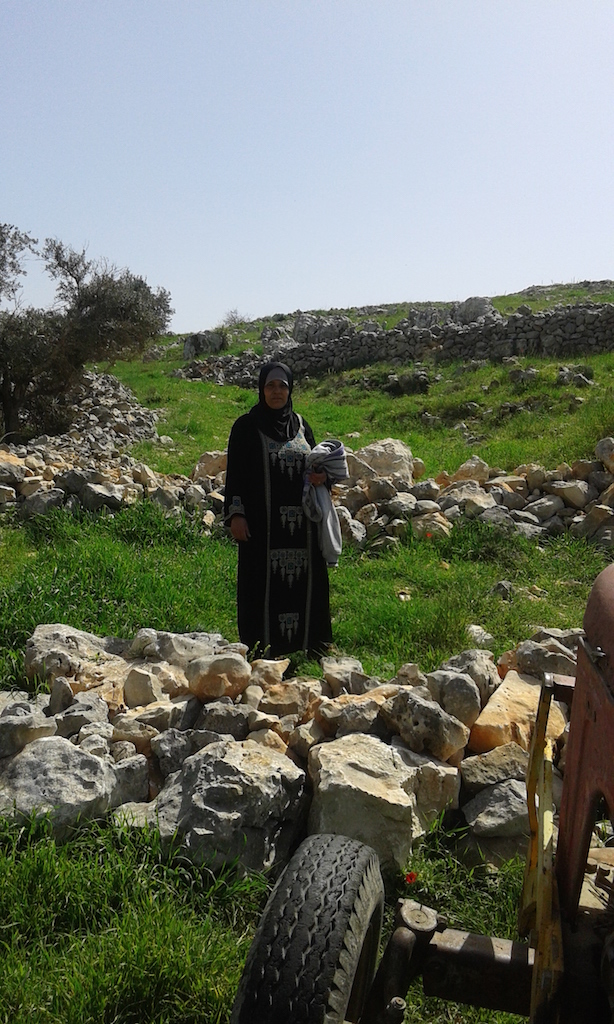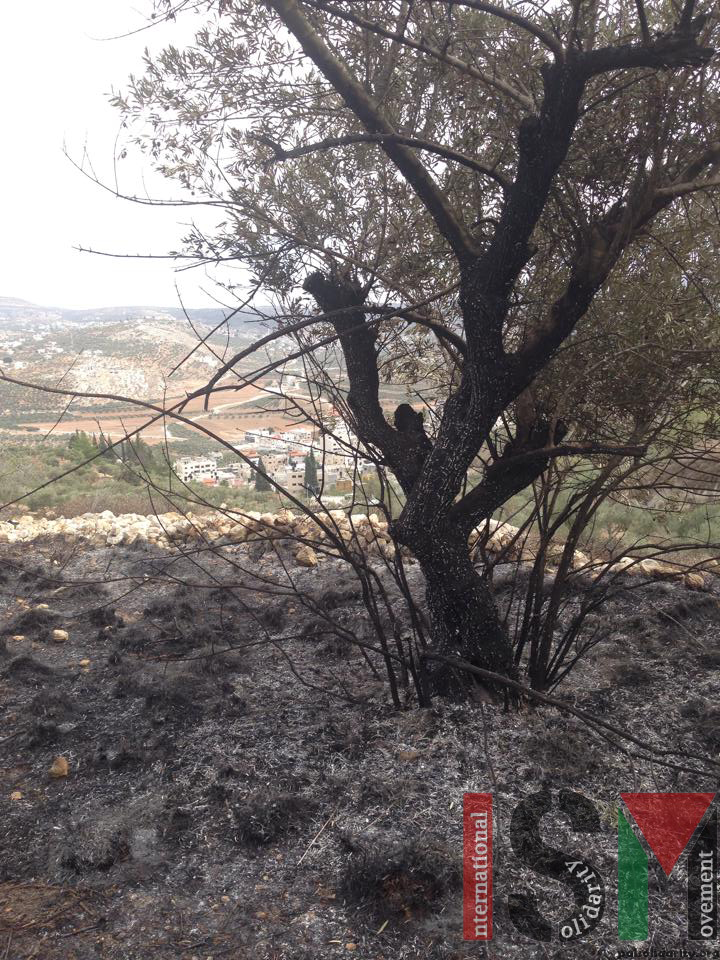Tag: Yizhar settlement
-
Ongoing harassment and restrictions on farmers around Nablus
12th March 2015 | International Solidarity Movement, Nablus Team | Burin, Salim, and Awarta, Occupied Palestine Early spring marks an important time of the year for farmers around Nablus, where critical work must be done to ensure a quality olive harvest in October. In high tension regions, where farmers risk settler attacks while accessing their land, District Coordination Offices…
-
Zionist settlers burn Palestinian olive grove
22nd October 2014 | International Solidarity Movement, Nablus team | Huwwara, Occupied Palestine This morning at approximately 09:30, settlers from the illegal settlement of Yizhar set fire to a Palestinian olive field above Huwwara village, just outside of Nablus. The settlers set the land on fire from the top of the hill. People from the village…
-
For Urif the price can never be high enough
15th June 2013 | International Solidarity Movement, Nablus Team | Urif, Occupied Palestine On Tuesday, 11th June, Israeli forces invaded the village of Urif and arrested nine youths between the ages of eighteen and twenty-seven. This incident is believed by the villagers to be related to the ‘price-tag’ settler attacks that the village suffered on…


